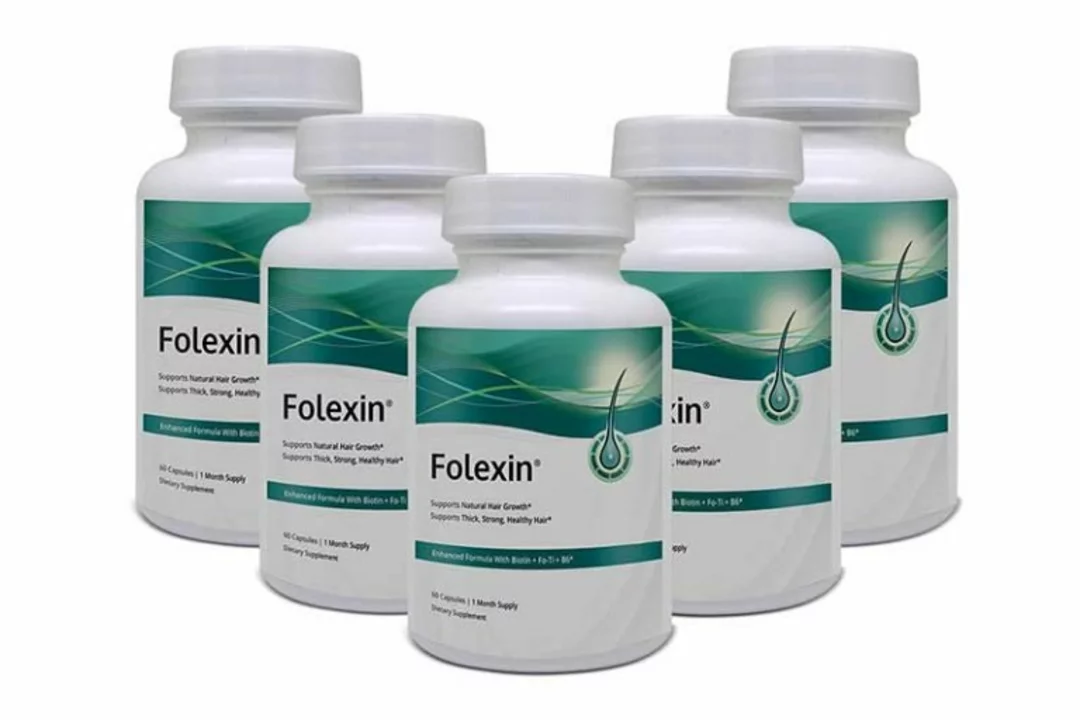Water Germander: What It Is and Why People Ask About It
Water germander (a Teucrium species) is a wetland herb people mention for traditional uses and garden interest. If you've seen it by a pond or in a damp meadow, you might wonder whether it's useful, safe, or worth growing. This page gives clear, practical facts: how to ID it, common uses, safety concerns, and where to look for quality info or products.
Identification & Where It Grows
Water germander typically grows in wet places — stream edges, marshes, and ditches. Look for square stems, opposite leaves, and small tubular flowers that can be pale pink, purple, or white depending on the species. Leaves are often toothed and slightly sticky. It forms low clumps rather than tall stalks, so check close to the ground along water margins.
Not all germanders are the same. Teucrium scordium is a common "water" type in Europe. Other germanders (like Teucrium chamaedrys) are related but prefer dry spots. Accurate ID matters because different species have different effects and risks.
Uses, Preparations and Safety
Traditionally people used water germander in small amounts for digestive complaints and as a mild tonic. Today you may see it mentioned in herbal lists or garden guides, not as a mainstream medicine. People prepare it as a light tea or an infusion from fresh or dried leaves. Typical homemade tea is weak — a small handful of leaves steeped for 5–10 minutes.
Important safety note: several germander species have been linked to liver injury when taken in large amounts or for long periods. The most reported case involves Teucrium chamaedrys (wall germander). Water germander itself has fewer documented problems, but caution is wise. If you have liver disease, take medicines that affect the liver, or plan long-term use, talk to a healthcare professional first.
Keep doses low and short-term if you try a tea. Avoid concentrated extracts unless a trained herbalist recommends them. Watch for symptoms like yellowing skin, dark urine, stomach pain, or unexplained fatigue — these are signs to stop and seek medical help.
Interactions: Germander can interact with drugs processed by the liver. It may also affect how blood-thinning or blood-sugar medicines work. Pregnant and breastfeeding people should avoid it unless advised by a clinician.
Where to buy: whole-plant products are rare in mainstream shops. If you want seeds or plants, check reputable native-plant nurseries or seed banks that list species by scientific name. For herbal products, choose brands that list species and origin, use third-party testing, and give clear dosing instructions.
Growing tip: plant in consistently damp soil and partial sun. It spreads slowly and can help stabilize banks. No special fertilizer is needed; it prefers natural, moist conditions.
If you want to try water germander, start small, stay short-term, and keep your healthcare provider in the loop. That keeps you curious and safe.

